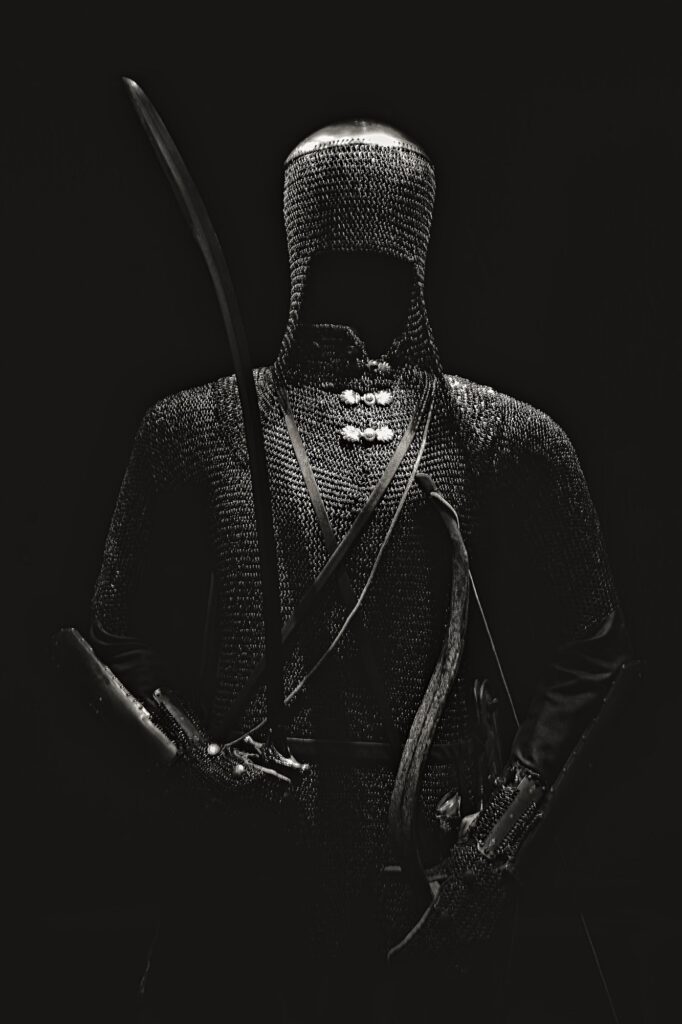Today I want to pause and appreciate the art of good writing. Not the skim-the-label-to-check-what-hidden-ingredients-exist writing on packages or the check-what-new-assignment-I-have content in emails. I’m thinking of the writing that keeps our minds churning way after we turn the final page. Or that new book with relatable characters, fresh plot, and vivid imagery that reminds us to curl up in a blanket by a window overlooking blooming gardenias somewhere with no preoccupation in mind. That kind of writing leaves loyal readers gasping for more and innovative authors eager to write.

Sometimes, in moments like these, we can escape our present worlds to enter an entirely new reality. We stand alongside the protagonist, ready to conquer the adventure ahead. Something like A Tale of Two Cities, where we find ourselves anxious beside Lucie Manette, braving danger amidst the tumultuous French Revolution. Or we watch Atticus Finch in the court room during the times of racial segregation. What about adventures with Jane Eyre, the orphan who despite her dingy appearance and background can’t help but draw people into her life with a quite word and witty nature? Samwise Gamgee puts it best in The Lord of the Rings:
With plots and characters like those in J. R. R. Tolkien’s stories, it’s nearly impossible to walk away unchanged. When one of the greatest protagonists, Samwise Gamgee, says something, we better listen. These stories show us that there is meaning and greater purpose to the pain we experience. We can believe this because an author on the other end planned the whole story, and we are waiting and reading and pondering to find out what happens next. If we trust the author, we know they’ll correct the wrongs and make the pain, heartache, and grief all worthwhile. I remember nearly crying at the end of A Tale of Two Cities. I realized all the characters, details, and motion throughout the story was building into something truly breathtaking.
And these observations are true in our own lives. We are built for storytelling. It’s who we are. Why? Because our own lives are stories. We share in the adventure and the unknown where the struggle is worth the grand ending. Our stories are of value, the author is trustworthy, and anyone in the audience will be blown away in awe and appreciation of the miracles we have experienced. There’s reassurance of the incredible feat of challenges compiled in life that make it worth living. We are loved and precious, and each of our stories are infinitely valuable.

It breaks my heart when people I know sheepishly admit that they enjoy fantasy or fictional stories. Our own stories are like fantasy (or science fiction, if you include all the technology around us. Humans can travel faster than the speed of sound and communicate around the world with handheld and wireless technology. Heck, we’ve already gone to the moon). We strive to live a meaningful adventure, to be protagonists of an amazing story, where our individual roles are irreplaceable. When Middle Earth starts collapsing, the battle unites into a terrible cacophony of adversity, and a true miracle must happen, we must contribute a pivotal role in humanity’s story. Take your role and run with it, unafraid of doubts and the unknown. Your story is worth finishing, despite all the risks and failures and unknowns. Take Samwise Gamgee’s word for it.







